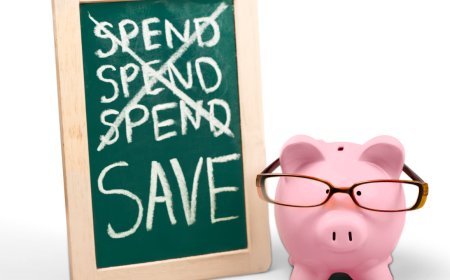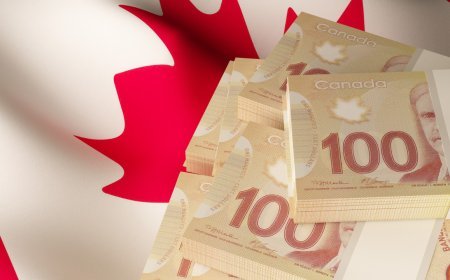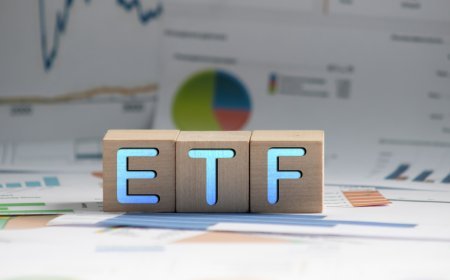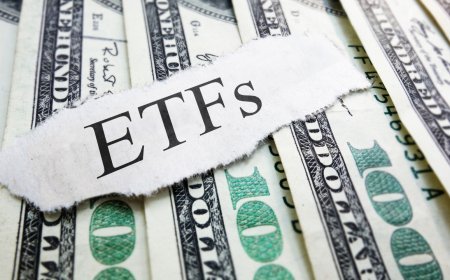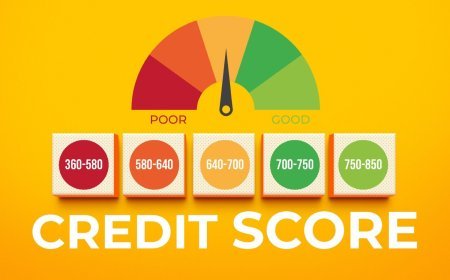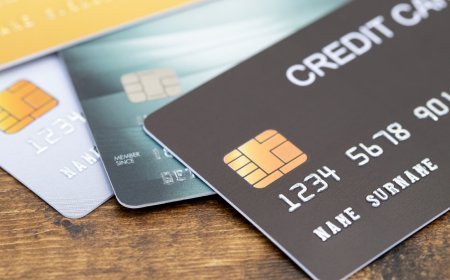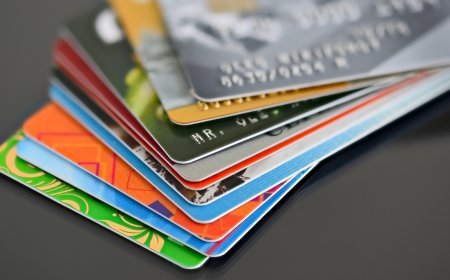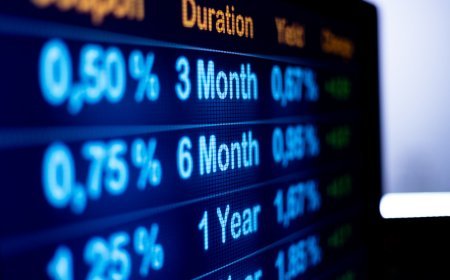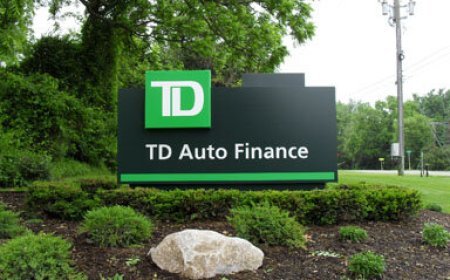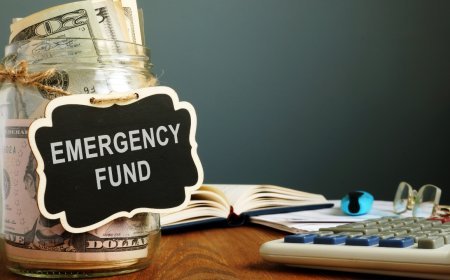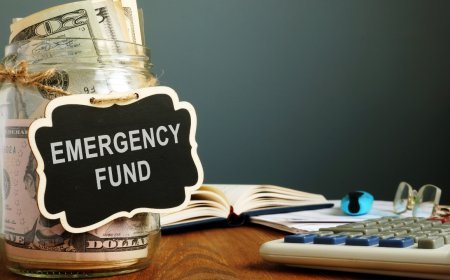5 Budgeting Rules That Actually Work in 2025 (And One to Skip)
Struggling to manage your money? Discover 5 budgeting rules that actually work in 2025—and the one outdated rule you should skip to save smarter and live better.
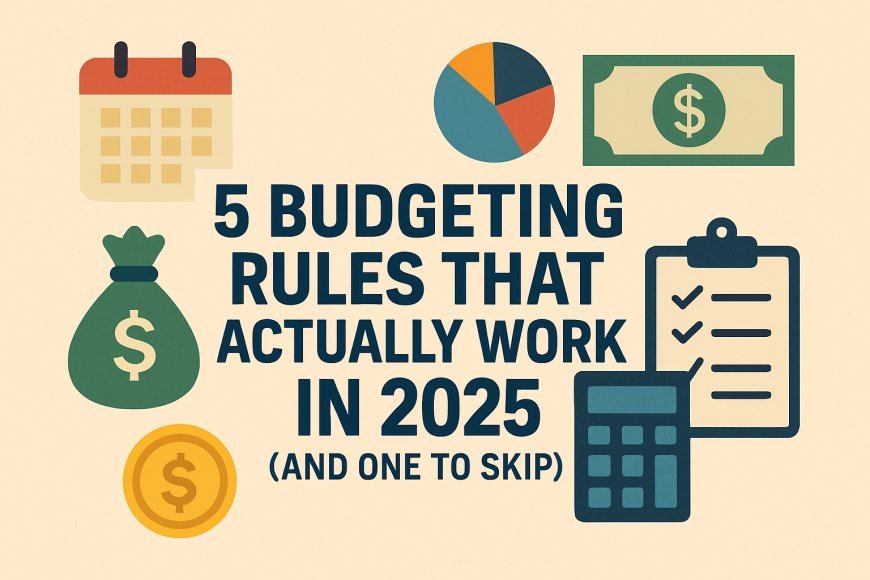
In an age where financial literacy is more important than ever, budgeting methods continue to evolve alongside our economic landscape. As we navigate the complexities of 2025, it's essential to adopt budgeting techniques that not only work but also resonate with modern lifestyles. Here’s a look at five budgeting rules that are standing the test of time this year, along with one that might be better left behind.
1. Embrace the 50/30/20 Rule
This classic budgeting method remains incredibly effective in 2025. The 50/30/20 rule suggests allocating 50% of your income to needs, 30% to wants, and 20% to savings and debt repayment.
-
Needs (50%): These are your essential expenses like housing, utilities, groceries, transportation, and minimum debt payments. The goal is to keep these costs at or below half of your after-tax income.
-
Wants (30%): This category includes discretionary spending that improves your quality of life but isn't strictly necessary. Think dining out, entertainment, subscriptions, and hobbies. This portion allows you to enjoy life without derailing your financial goals.
-
Savings & Debt Repayment (20%): This crucial segment is dedicated to building your financial future. It includes contributions to retirement accounts, emergency funds, and any payments beyond the minimum on high-interest debts.
This straightforward approach allows for flexibility, ensuring you can cover essential expenses while still enjoying life and building a safety net for the future. Its simplicity makes it easy to understand and implement, making it a powerful tool for financial stability.
2. Embrace the Digital Envelope System
Gone are the days of physical cash and paper envelopes. The digital envelope system utilizes budgeting apps to categorize your spending. This method helps you allocate funds to different spending areas (like groceries, utilities, and entertainment), allowing you to keep track of where your money goes in real-time without the hassle of managing cash.
Modern budgeting apps like YNAB (You Need A Budget), EveryDollar, or personal finance features within banking apps, allow you to create virtual "envelopes" for various spending categories. Once you've allocated a certain amount to an envelope, you can track your spending against that specific fund. When the virtual envelope is empty, you know it's time to stop spending in that category until the next budgeting cycle. This system provides clear visual cues and instant feedback, preventing overspending and promoting disciplined financial habits.
3. Automate Your Savings
Making savings automatic is crucial in today’s fast-paced world. Setting up automatic transfers to your savings account or investment fund ensures that you’re consistently setting money aside without having to think about it. This technique works particularly well if you can schedule transfers right after payday, helping you treat savings as a fixed expense.
Automating your savings removes the temptation to spend the money before you save it. By setting up recurring transfers to a dedicated savings account, a retirement fund (like a 401k or IRA), or an investment portfolio, you prioritize your financial future. Many banks and investment platforms offer this feature, allowing you to choose the amount and frequency of your transfers. It's a "set it and forget it" strategy that builds wealth consistently and effortlessly over time.
4. Review and Adjust Monthly
In 2025, a static budget can quickly become obsolete. Make it a habit to review your budget on a monthly basis. Check your spending patterns, reflect on your financial goals, and adjust where necessary. This fluidity allows you to stay on top of your finances and adapt to any life changes, making your budget a living document that grows with you.
Life is dynamic, and your budget should be too. A monthly review allows you to catch any discrepancies, identify areas where you might be overspending or underspending, and make necessary adjustments. Did your income change? Did you have an unexpected expense? Are your financial goals still the same? Regularly reviewing your budget ensures it remains a relevant and effective tool, helping you adapt to new circumstances and stay on track toward your financial aspirations.
5. Use Technology to Your Advantage
Incorporate tools like budgeting apps, spreadsheets, or even AI-driven financial advisors to help streamline and track your budget. Many apps can sync with your bank account, providing an overview of your spending habits and offering insights into areas for improvement. Utilizing technology can save you time and increase your overall financial awareness.
The technological landscape of 2025 offers an array of powerful tools to simplify budgeting. Beyond basic apps, consider:
-
AI-driven insights: Some platforms leverage artificial intelligence to analyze your spending, identify trends, and even suggest ways to save based on your habits.
-
Automated categorization: Many apps automatically categorize your transactions, reducing manual entry and providing a clear breakdown of where your money goes.
-
Goal tracking: Set financial goals within your app (e.g., saving for a down payment, paying off debt), and the technology can help you visualize your progress and motivate you to stay on track.
Leveraging these technological advancements can transform budgeting from a tedious chore into an insightful and empowering experience.
One Rule to Skip: The "Cut All Luxuries" Mandate
While it might seem prudent to cut out all luxury spending to save money, this extreme approach often leads to burnout and resentment towards budgeting. Instead, focus on mindful spending, where you consciously decide what few luxuries you can indulge in. Allocating a small portion of your budget for enjoyment can enhance your overall financial wellbeing and help you stick to your budget in the long run.
A draconian approach to budgeting that eliminates all "fun money" is rarely sustainable. Depriving yourself entirely of enjoyable experiences can lead to feelings of deprivation, making you more likely to abandon your budget altogether. Instead, practice mindful spending. This means consciously deciding which discretionary expenses bring you the most value and allocating a reasonable amount to them. Whether it's a monthly dinner out, a streaming service, or a special hobby, allowing for controlled indulgence can make your budgeting journey more enjoyable and sustainable, fostering a healthier relationship with your money.
Conclusion
Budgeting in 2025 might look different than it did in the past, but these rules can help you navigate your finances with confidence. By adopting these effective strategies and skipping the all-or-nothing mentality, you'll be better equipped to maintain a healthy financial life while still enjoying the pleasures life has to offer. Happy budgeting!
What's Your Reaction?
 Like
0
Like
0
 Dislike
0
Dislike
0
 Love
0
Love
0
 Funny
0
Funny
0
 Angry
0
Angry
0
 Sad
0
Sad
0
 Wow
0
Wow
0




